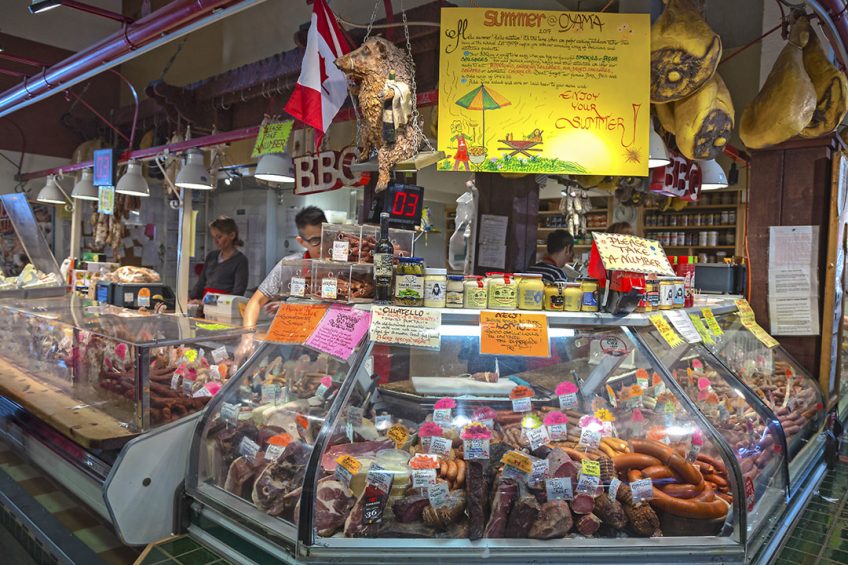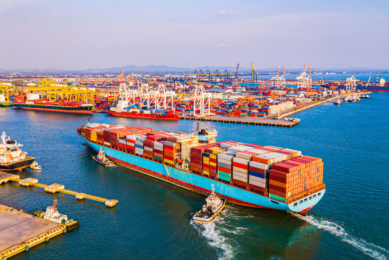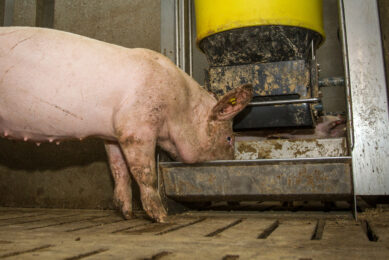Rabobank: Pork supplies to grow again in 2021

In most regions around the world, pork appears to be on the rebound in 2021. That is the projection of global agribusiness bank Rabobank.
In its quarterly pork report, Rabobank’s optimism went side-by-side with a warning that African Swine Fever (ASF) continues to impact pork production in Asia and Europe, as well as global trade flows. The bank also pointed to the continued effect of Covid-19 on the whole supply chain, from producers to consumers.
The latest report anticipated that global pork supply will grow in Asia and North and South America, but will face more challenges in Europe. Even though China continues to dominate global trade, Rabobank said, the Asian giant’s expected reduction in imports in 2021 will have ramifications for the rest of the world, especially in Europe, where trade bans on Germany are boosting local supply and weighing on the market.
China: Rapid restocking, lower pork imports
After rapid restocking in 2020 – taking its share of global trade up sharply to over 50% – China will see strong growth in pork production in 2021. The bank estimates this to be 10-15% in 2021. Although ASF continues to spread in the country, the impact is declining. In its report, the bank wrote that ‘global pork trade is facing big swings’.
Senior analyst animal protein Chenjun Pan said: “With production expected to grow by at least 10% to 15%, China’s imports will decline by 10% to 30% this year. This will still make 2021 the second-largest year for imports, but the change in demand will impact all exporters”.
Pork production in Europe
European pork production is expected to be flat or down slightly in 2021, on lower export demand, a slow recovery of local demand due to Covid-19, and ongoing ASF-threats in eastern Europe and Germany.
Spain clearly saw a rise in its pork exports to China due to the ASF outbreaks in wild boar in Germany. According to Rabobank, “Spain showed its strength to fill a large chunk of the gap left by Germany, easing pressure on China to accept regionalisation in Germany.” Pan said, “While Germany focuses on finding alternative export destinations, Spain and Denmark will continue to benefit from Germany’s absence in some Asian markets.”
US: Trade policy, immigration and farm support
In the US, strong domestic and export demand is helping drive good pork markets and supporting continued strength in hog prices. Better sales are helping offset rising feed costs. Trade policy, immigration, and farm support remain top of mind as the new Biden administration assumes control.
Brazil: Record high pork exports in 2020
Brazil witnessed record-high exports in 2020. Local prices surged in response to strong export demand and soaring feed costs. As drought impacts yields and global demand remains strong, Rabobank expects feed grain prices to stay high in the coming months. Despite that, hog production is expected to increase by 2.5% in 2021 in response to local demand recovery and another strong year for exports, the bank wrote.
Vietnam: Back at 87% of pre-ASF levels
The report also touches on Vietnam, describing the country’s road to recovery after African Swine Fever. Rabobank quoted the country’s general statistics office, saying that the country’s inventory for 2020 reached 27.3 million head, which is a 20% growth compared to 2019 – and equalling 87% of the levels the country had prior to the ASF epidemic.











